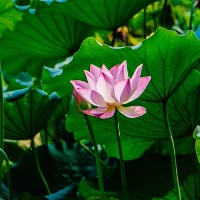How to make a study plan for the Chinese language of individual enrollment in higher vocational colleges
As a compulsory basic subject in the single entrance examination, Chinese, which accounts for 150 points, is of great importance to students. However, many students, especially those majoring in science, often subconsciously regard Chinese as an adjunct course, ignoring the importance of Chinese in their daily study. When the simulation examination or even the single entrance examination in higher vocational colleges is over, they look at their poor Chinese scores, It's too late to repent. Therefore, it is essential to make a review plan. Then, how can we make a study plan for Chinese in vocational colleges?
When making plans, we should first have some principles:
1. The planned time cannot be set too tight, otherwise some accidents will not be completed. For example, Monday night 8:00-10:00 to learn English; 10: 00-11:00 Learn Chinese; 11: If you are ready to go to bed at 00-11:30, it is better to change to 8:00-9:30 to learn English. In this way, if some content is not completed by 9:30, you can extend 15 minutes. If it goes well, students can freely use these free time.
2. Allow time for accidents. The weekly plan should allow time for accidents. For example, if the school occupied on Tuesday night, it needs to arrange time to make up the plan for Tuesday. Originally, the plan for this month had been made, and new content was found during the exam. More basic questions need time to be filled. These need to be reserved.
3. Set aside time for summary every week. Check the planned completion time of this week. Don't think that if the plan is finished, there will be nothing for our parents. In our work, don't we also need to plan execute check?
4. The plan should be specific. For example, if we have determined that the key remedial subject this month is history, it must be clear which parts to complete each week. Don't let students spend time thinking about "what to learn tonight".

